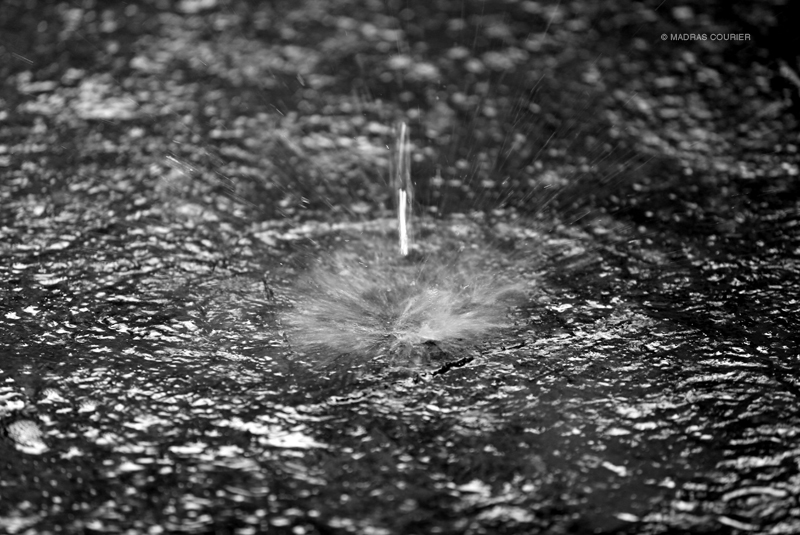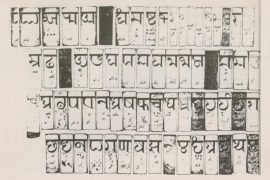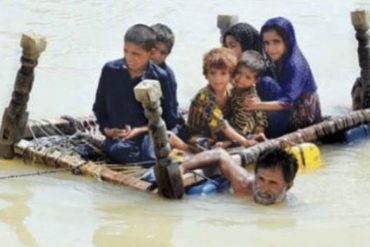Thousands in Bihar have fallen prey to various cancer-related illnesses, after drinking groundwater contaminated by arsenic. A 2015 study revealed arsenic concentrations from samples of the state’s groundwater to be five times the limit prescribed in the United States.
50 micrograms of arsenic per litre was enough to give countless residents cancers in the gall bladder and liver, all symptoms of arsenic poisoning. It’s yet another chapter in the hunt for clean water, as until the 1970s, locals drank river water that flowed from the Himalayas.
When that water started causing onsets of diarrhoea, international agencies recommended they switch to borewells and groundwater. But as the cases in Bihar demonstrate, this wasn’t a long term solution either.
India in the World
In 2016, a Water Aid report claimed Indians had the worst access to safe drinking water in the world. According to the report, nearly 76 million people lived without access to safe water.
Copyright©Madras Courier, All Rights Reserved. You may share using our article tools. Please don't cut articles from madrascourier.com and redistribute by email, post to the web, mobile phone or social media.Please send in your feed back and comments to [email protected]











